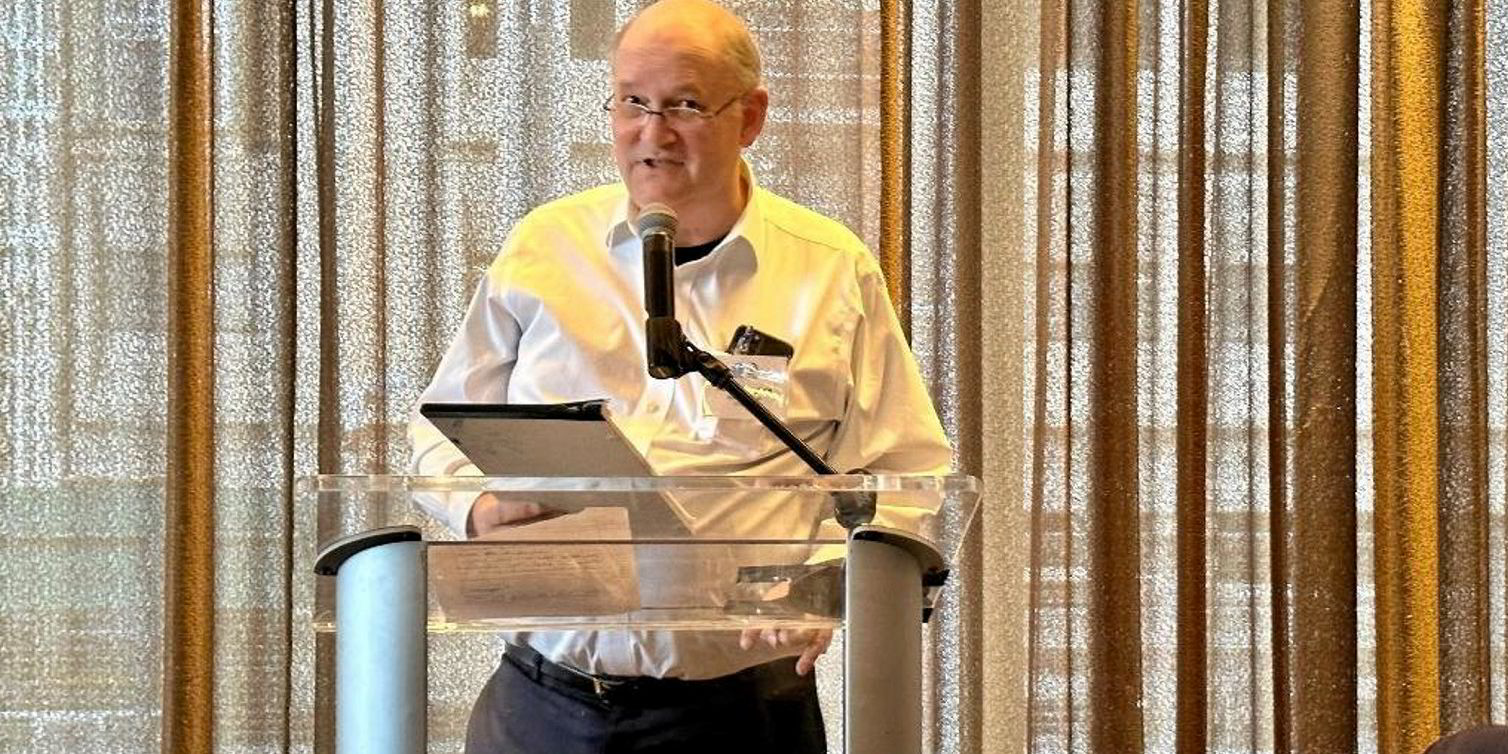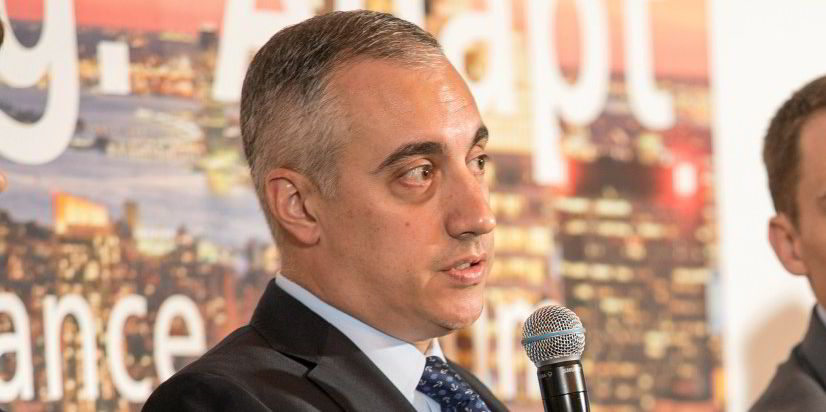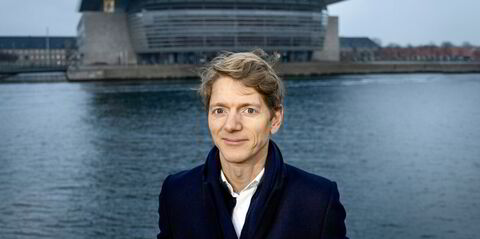None of the 25 US-listed stocks under the coverage of investment bank Jefferies did better in 2022 than the two pure-play owners of clean product tonnage – Ireland’s Ardmore Shipping and sector giant Scorpio Tankers.
While no one is expecting the two to repeat the 326% and 320% returns they delivered to investors over those 12 months, there was an additional catalyst in the past week that will bear some watching.
That was the 5 February ban on Russian petroleum products implemented by the European Union, accompanied by oil price caps set by the G7 and EU nations at $100 per barrel for diesel, kerosene and other premium products and one at $45 for oils that typically sold for less than crude.

The clean ban is thought by some experts to be even more disruptive to the market than the 5 December embargo and caps imposed on crude cargoes, though it will take some time for the impact to be felt on day rates.
It is likely even more difficult to gauge just what the further impact might be on equities, though at minimum the cargo dislocations are being viewed as one more arrow in the quiver of the listed owners.
And then there is this.
After slumping in January amid a steep drop in the Baltic Clean Tanker Index — Scorpio shares were down 11% year-to-date on the week of 23 January and Ardmore up only 2% — both stocks began to snap back on the day after the EU embargo took effect.
Scorpio shares shot up 3% on Monday, then added a further 5.6% on Tuesday. Ardmore added 2.7% on Monday and 6% on Tuesday. Both stocks are now solidly in the black on the year.
The gains may just be coincidental in relation to Sunday’s ban. Or investors might have noticed that day rates already are firming.
Shipbroker Clarksons said MR tankers were up by 50% from a week earlier to $31,600 per day after falling to a 12-month low in the run-up to the embargo. Eco LR2 rates crept up 9% to $31,900 per day.
“The Russian sanctions are one piece of a complex puzzle, and although there may be a view that it is a near-term catalyst, I don’t get a sense that many view it as THE reason to own product stocks,” Evercore ISI analyst Jonathan Chappell said in a message to Streetwise.
“Rate momentum will ultimately determine sentiment and, after a tough relative start to the year, I think the pickup in rates of late — the favourable supply outlook, the ongoing impact of new trade flows, plus discounts to NAV — are all positive factors in the recent uplift in stock prices.”
Firming Asia rates
Chappell, who has become a bull on the overall tanker market, said a firming of Asia rates last week — before the embargo kicked in — “was likely the starting point.”
Similar thoughts came from Jefferies shipping analyst Omar Nokta.
“Investors are still very much believing in the bigger picture, with a few short-term focused funds looking at risks to first-quarter numbers while other, longer-term focused funds are seeing a tightening market,” Nokta told Streetwise.
“The 5 February ban may not be an instant catalyst, but it’s a strong supportive theme.”
One thing is certain: there have been fixtures this week that already take into account clean-product dislocations caused by the ban.
While Europe was said by Clarksons to have stockpiled reserves equivalent to about 30 days’ supply in accelerated booking activity ahead of the mandate, drains on that reserve began on 5 February.
The quickest bookings to Europe from the US Gulf can reach the continent no sooner than late February — and those from the Middle East and Asia later than that, one market player told Streetwise.
The source said that means some of the accelerated activity noted by Clarksons is related to the ban. They added that some have mistakenly thought such fixture activity would not be underway until the end of the month.
Still, the market player added that they thought dislocation-related fixtures were only one of several factors driving market improvement, and not necessarily the key one at this stage.

Some investors — more short-term traders — have been obsessed with finding the precise inflection point when the embargo helps the market to lift.
But this matters little in the source’s view because a stronger market is inevitable regardless of timing.
Something similar was said by Scorpio Tankers president Robert Bugbee on Tuesday when he gave the keynote address to the annual Hellenic-American Norwegian-American joint shipping conference in New York.
Bugbee complained that too many were focused on Russian production, including the possibility of reined-in output, when the real story was happening on the demand side of the equation.
“No one has sanctioned South American, African, European, North American demand,” he said.
“You have to look at the product market from the demand side, not supply.
“Whatever extra demand you have is going to have to travel further than it did before the Russian sanctions. With product tanker utilisation very high, whether demand increases 1%, 2%, 3% and so on doesn’t really matter.”
The permanent optimist
Bugbee admitted in the same session that he was “permanently optimistic” on the market: “you have to be in this business to remain sane.”
The Scorpio president no doubt will to have plenty of optimistic things to say when the company reports earnings on 16 February, but he will not get the first crack at talking about the fallout from the product embargo.
That honour will fall to competitor Ardmore and chief executive Tony Gurnee when the company both reports earnings and holds a New York investor day on 14 February — Valentine’s Day.
A rosy forecast seems likely at the moment. But roses have thorns and, as investors know only too well, so do shipping markets.
More ship-finance news
Veteran lender Martin Lunder uttered the word “syndications” at Tuesday’s annual New York conference of the Hellenic-American Norwegian-American chambers of commerce — and he meant it, flagging up the potential return of a loan framework that has been largely missing for years. Click here to read the story.
Sweden’s Stena AB is using some of its huge liquidity capacity to remove a March 2024 bond maturity. The company said its Luxembourg-based subsidiary — Stena International — carried out a tender to buy back a $350m issue with a coupon of 5.75%. Click here to read the story.
It might have been another bad day, week or month for the Baltic Dry Index (BDI), but there were no worries in the minds of equity analysts, who keep popping up with bullish research notes proclaiming that the rebound is near. Click here to read the story.



